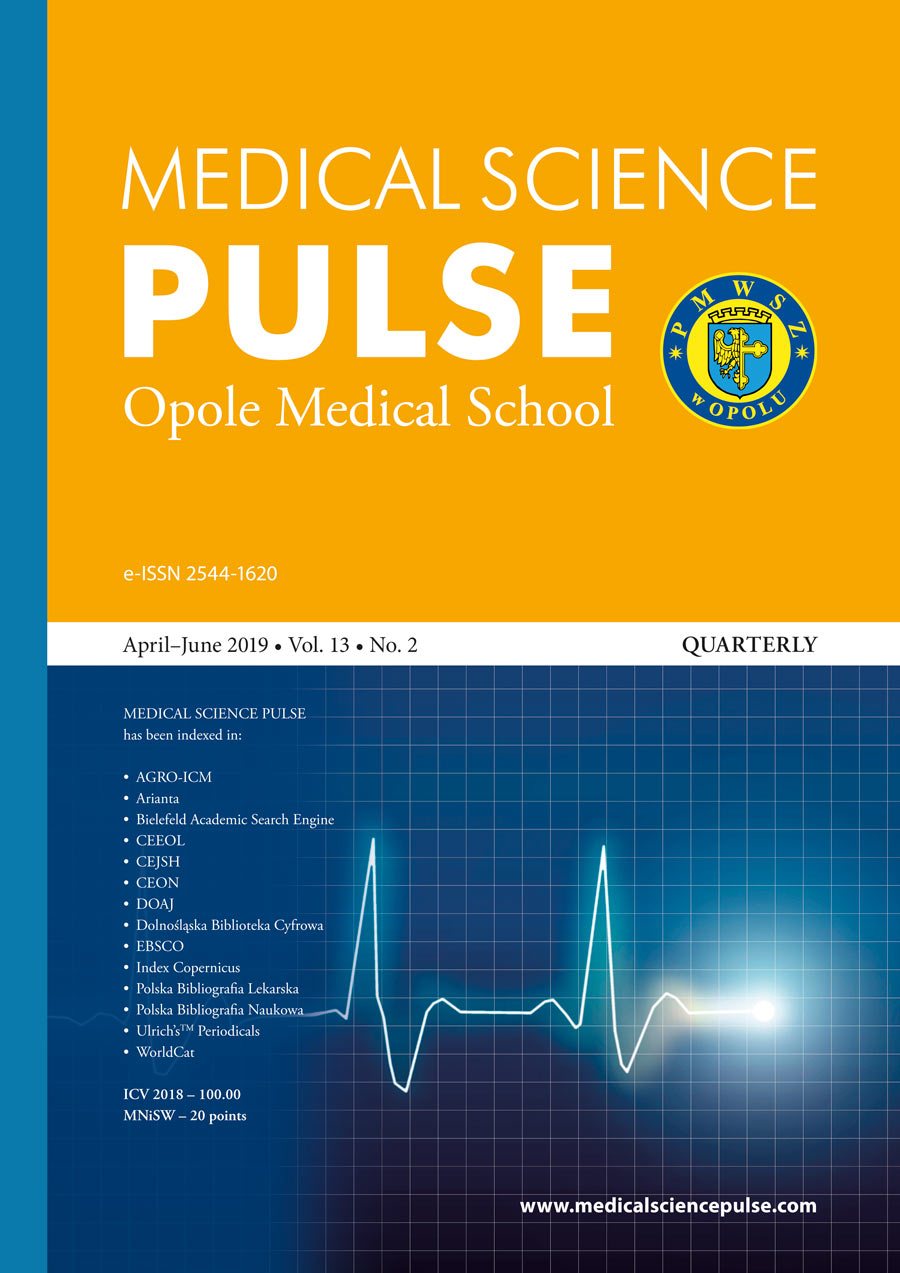Assessment of various aspects of using protocols in intensive care units in Plovdiv, Bulgaria.
Assessment of various aspects of using protocols in intensive care units in Plovdiv, Bulgaria.
Author(s): Valentina Lalova, Gergana Petrova, Elena MerdzhanovaSubject(s): Health and medicine and law
Published by: Państwowa Medyczna Wyższa Szkoła Zawodowa w Opolu
Keywords: protocols; cares; ICUs; nurses
Summary/Abstract: Background: Since 1950 intensive care has become a separate and independent specialty. Significant technological advances have allowed the Intensive Care Unit (ICU)s to be monitored through the centralized work of a multidisciplinary team of specialists. ICUs provide cares at different levels of support. To provide patient access to this highly specialized cares, the “Critical care without walls” or “Intensive Care without Borders” theories have emerged, involving reanimation nurses offering highly specialized care and support. Protocols for nurses have been developed, with the aim of facilitating their day-to-day activities, improving outcomes and safety of patients and all staff. Utilizing this concept, the role of intensive care has rapidly expanded over the past 20 years. Aim of the study: To understand the effectiveness and benefits derived from organisation of the working process. Material and methods: We used documentary and survey methods and analysed the data using the software package SPSS v. 21.0. Graphics were prepared using Microsoft Excel 2013. Numbers from 1 to 5 refer to the answers “no”, “not really”, “cannot judge”, “closer to yes” and “yes”, respectively. Results: Nurses’ performance, as an integral part of multidisciplinary ICU teams, is evidence that mortality and morbidity can be improved thanks to the early recognition of patient deterioration and rapid resuscitation. The better healing process is accomplished by optimising the content and evaluation of the desired results, in association with good doctor practices. Respondents’ opinions about outcomes of protocol use differed significantly between professions in regard to making their job easier, improving patient outcomes, providing consistency in care, and preventing patient harm. Conclusions: A more flexible and standard framework for nurses should be developed to improve quality of care. The rapidly growing lack of ICU nurses in Bulgaria is concerning.
Journal: Medical Science Pulse
- Issue Year: 13/2019
- Issue No: 2
- Page Range: 3-5
- Page Count: 3
- Language: English

